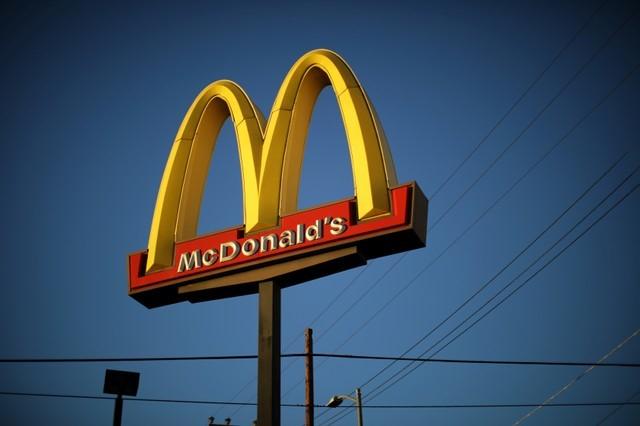McDonald’s will raise its royalty fee for franchise operators who are looking to open new locations in the United States in what’s believed to be the company’s first such increase in nearly 30 years, according to a report.
The company will raise its royalty fees to 5 percent from 4 percent beginning Jan. 1, 2024, CNBC reported. This won’t apply to franchisees seeking to renovate existing locations or to transfer an outlet to another party.





